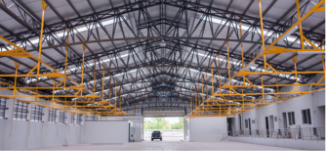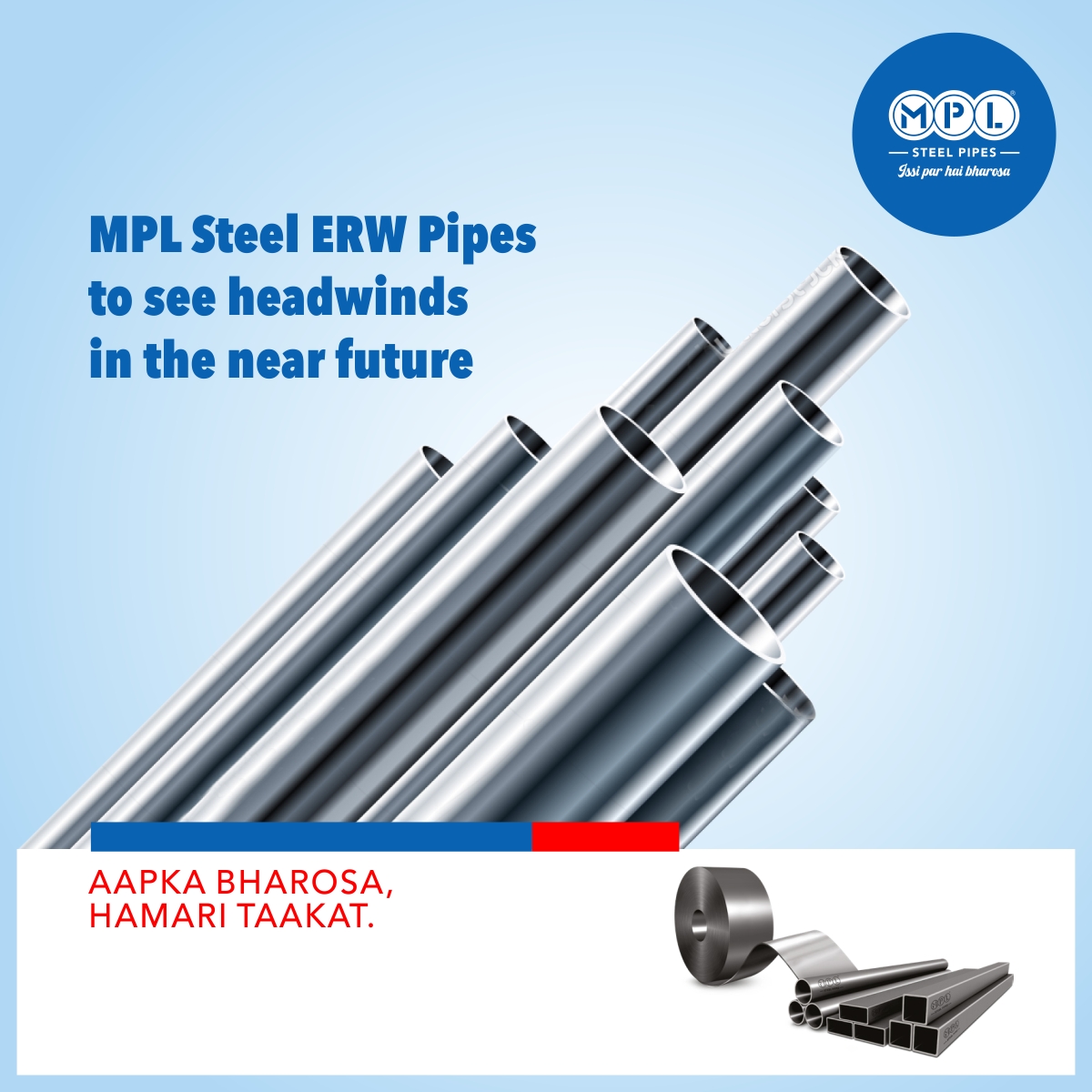
Blogs

The Varied Uses of Steel Pipes: A Comprehensive Overview
Steel pipes are one of the most versatile and widely used products in industries around the world. Known for their durability, strength, and resistance to corrosion, steel pipes are employed in a vast array of applications across different sectors. Whether in construction, energy, plumbing, or transportation, steel pipes play a vital role in ensuring the efficiency and longevity of various systems. In this blog, we’ll explore the various uses of steel pipes and why they are a preferred choice in so many industries.
1. Construction Industry
- Water Supply and Drainage Systems: Steel pipes are commonly used for carrying water due to their high strength and resistance to corrosion. They ensure a reliable supply of water in residential, commercial, and industrial buildings.
- Structural Framework: Steel pipes are sometimes used in the framework of buildings, particularly for large structures like bridges, skyscrapers, and towers. Their robustness allows them to bear significant loads, making them an ideal choice for supporting construction projects.
- Scaffolding: Steel pipes are widely used in scaffolding structures to provide temporary support during the construction phase. Their strength and reliability make them a critical part of construction safety.
2. Plumbing and Water Treatment
- Water Distribution Systems: Steel pipes are often used for both potable water and sewage systems. They provide a reliable and long-lasting option for transporting clean water to homes and businesses. Steel pipes’ resistance to internal corrosion ensures they remain intact and functional for many years.
- Water Treatment Plants: Steel pipes are critical in water treatment facilities where they transport raw and treated water throughout the facility. Their resistance to rust and corrosion ensures they can handle the harsh chemicals used in water purification processes.
- Sewer Lines: Steel pipes are also utilized in underground sewer systems. Their ability to resist corrosion from soil and other environmental factors makes them an ideal choice for underground applications.
3. Automotive and Transportation
- Exhaust Systems: Steel pipes are essential in the construction of vehicle exhaust systems. Their high temperature and corrosion resistance make them ideal for withstanding the extreme conditions inside the exhaust system.
- Fuel Lines: Steel pipes are commonly used in fuel lines for cars, trucks, and other vehicles. Their strength and resistance to corrosion ensure the safe and efficient transportation of fuel from the tank to the engine.
- Hydraulic Systems: Steel pipes are used in hydraulic systems in vehicles and machinery, where they carry high-pressure fluids. These pipes must be able to handle extreme pressures, and steel’s strength and durability make it the perfect material.
4. Manufacturing and Industrial Use
- HVAC Systems: Steel pipes are used in heating, ventilation, and air conditioning (HVAC) systems to transport air, gas, and fluids. Their strength and temperature resistance make them a reliable option for these systems.
- Industrial Gas Lines: Steel pipes are essential for transporting gases in industrial settings. Whether for medical gas supply systems or in the production of chemicals and plastics, steel pipes are capable of safely transporting a wide range of gases under high pressures.
- Conveying Solids: Steel pipes are used to transport powdered or granular solids in industries such as mining, cement, and food processing. Their ability to handle abrasive materials without losing structural integrity makes them indispensable in these sectors.
5. Agriculture and Irrigation
- Transport Water for Irrigation: Steel pipes are commonly used to convey water for agricultural irrigation. Their ability to handle large volumes of water over long distances makes them ideal for rural and agricultural applications.
- Drainage Systems: Steel pipes are often used in drainage systems for agricultural fields to prevent waterlogging and maintain proper water flow. These pipes help ensure that excess water is efficiently drained away, preventing crop damage.
6. Fire Protection Systems
- Sprinkler Systems: Steel pipes are commonly used in fire suppression systems in both residential and commercial buildings. Their ability to withstand high pressure and high temperatures ensures the system’s reliability in an emergency.
- Fire Hydrants: Steel pipes are also used to connect fire hydrants to water sources, providing reliable access to water in case of a fire emergency.
Steel pipes are indispensable in a variety of industries due to their unique combination of strength, durability, and resistance to corrosion. From construction and oil pipelines to water systems, automotive components, and industrial use, steel pipes continue to be the preferred choice for reliable, long-lasting solutions. Their applications extend beyond the examples discussed here, making steel pipes a truly versatile material in modern infrastructure and industry. Whether it’s ensuring safe water delivery, transporting vital resources, or contributing to fire safety systems, steel pipes are central to maintaining the function and safety of essential services worldwide.

